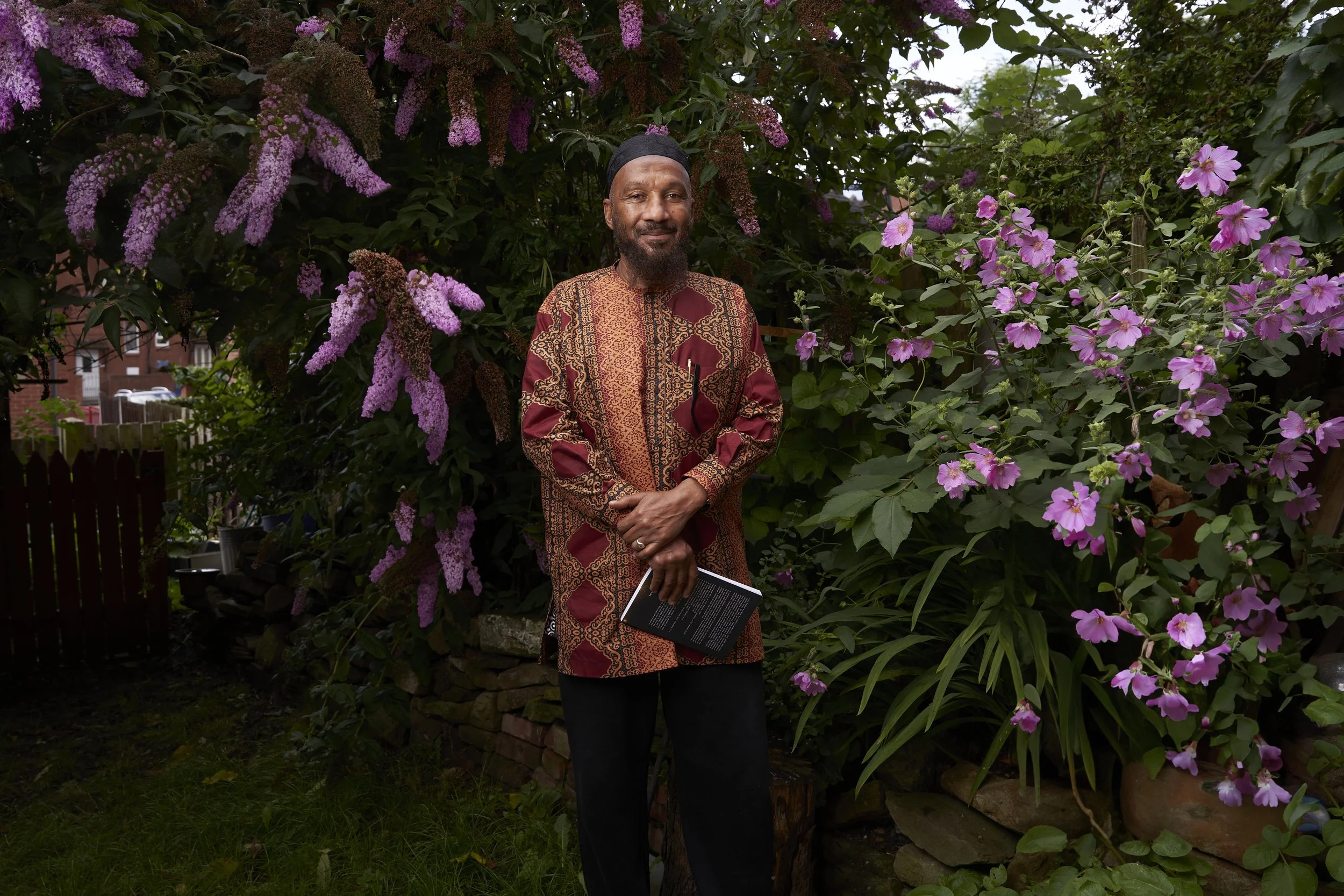About the Author
I noticed from an early age on school trips in London whilst visiting museums, galleries and other places of interest, how solemn language was employed to explain and describe the British historical archives and artifacts with joy and passion. There were signs everywhere reading ‘please do not touch’ and security guards were in place to make sure the rules were obeyed. It’s sad to note that it’s not the same when it comes to celebrating and preserving the rich and unique heritage of the African people living in the diaspora.

I NOTICED FROM an early age on school trips in London whilst visiting museums, galleries and other places of interest, how solemn language was employed to explain and describe the British historical archives and artifacts with joy and passion. There were signs everywhere reading ‘please do not touch’ and security guards were in place to make sure the rules were obeyed. It’s sad to note that it’s not the same when it comes to celebrating and preserving the rich and unique heritage of the African people living in the diaspora. A history spanning over 500 years, rich in culture, diversity, creativity, achievement and language. Maybe we are too busy celebrating other peoples’ culture and achievements and have forgotten our own.
What is generally noticed and what is generally promoted is a sporty, entertaining, musical, non-serious and non-threatening heritage. Yes, these themes have their place but there is a time and place for everything. As old-time people used to tell me “too much of one thing is good for nothing.”
The once-a-year slot of ‘black history month’ is not good enough to address and challenge the ongoing token gestures, stereotyping and patronising lip-service that dominates our society. We should not have to wait a year to talk about our achievements and struggles. To empower our youth and future generations, we need an identity rooted in the achievements of the past 500 years. This will make us proud and earn us respect from others. We must remember that slavery encompasses two artistic traditions: those of the masters and those of the slaves. Because the slaves’ traditions were insulted, distorted, and left unrecorded, they were ultimately submerged and lost. What the slave masters retained cannot be related to by today’s youth because it portrays us as losers, weak, and foolish.
It was from this desire to achieve meaningful change that I went to Sheffield University to study African history, Caribbean history and the history of the black presence in early modern Britain.
It was from the desire to achieve meaningful change that I opened the Malcolm X book shop with brother Isaac Howard Heywood to promote positive role models in Sheffield.
It was from this desire to achieve meaningful change that I worked for 11 years in the prison service of Doncaster, Moorland, Lindholme, Wiltsun and Liverpool with young black offenders.
And it is for this same reason alone that I am now writing about what happened in early modern Britain regarding the African race in the diaspora.
www.leroychanner.com
Instagram: @leroy.channer